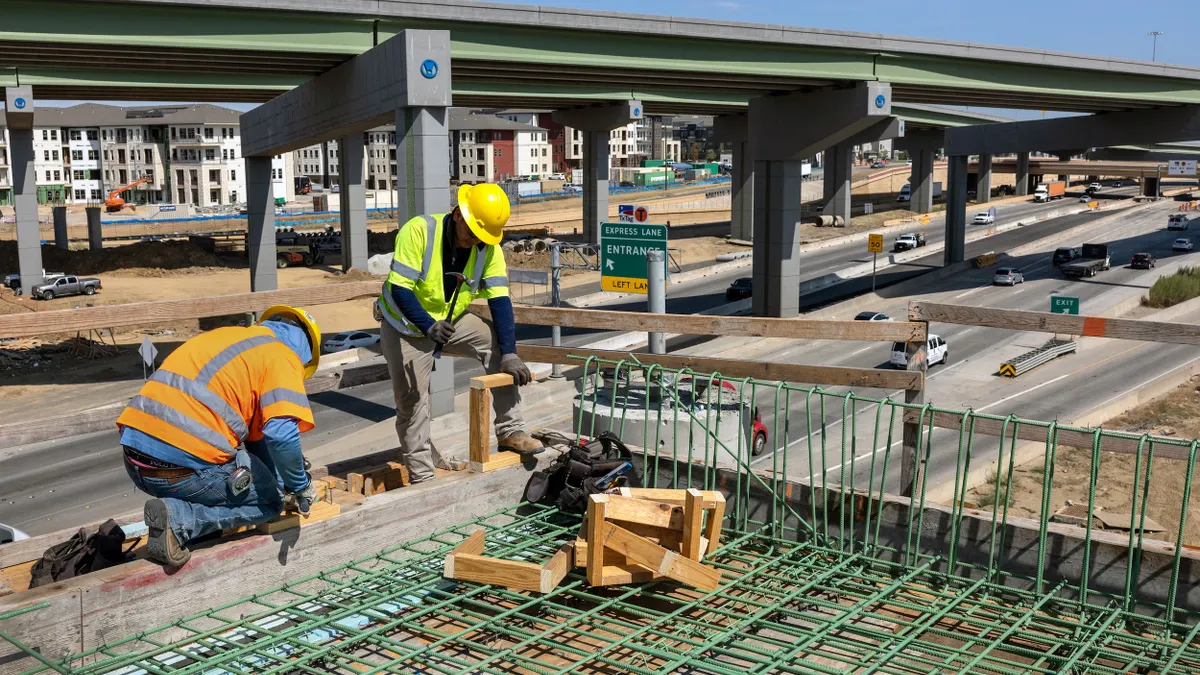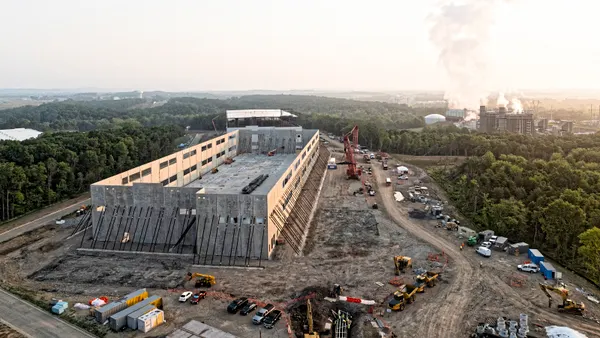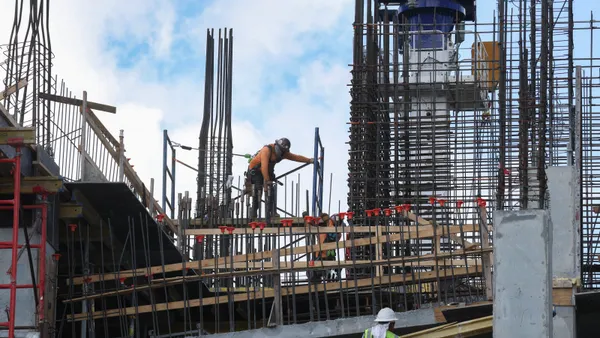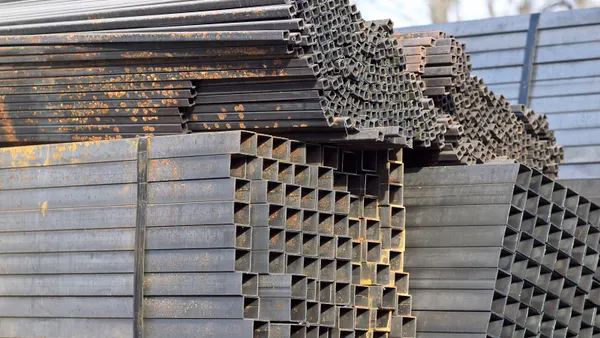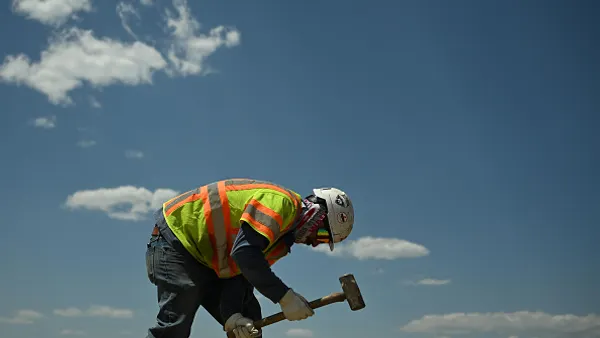Dive Brief:
-
Low inventory and high prices are making it difficult for U.S. owners in starter homes to trade up, with the number of repeat buyers in 2016 (1 million) down from 2001 (1.8 million), Realtor.com reported, citing data from the Urban Institute.
-
Trading up is hardest in Palm Bay, FL, where there is a 223% difference between median starter and trade-up home prices. An increase in jobs in the city has brought new residents, sending prices of trade-up homes there climbing 19% annually since 2014.
-
Other tough markets include Omaha, NE, with low unemployment and a price difference of 320%; Detroit, which has an appraisal gap and a 449% price difference; Honolulu, with a price difference of 269% driven by wealthy foreign buyers paying cash; and Seattle, with a 216% difference amid a robust tech market and rampant bidding wars.
Dive Insight:
Rising home prices and limited supply have made some owners nervous about their ability to afford a new home after selling their existing one, creating a dearth of inventory for the next buyer tier.
Change may be afoot, however. Existing home sales in March grew 4.4% to a seasonally adjusted annual rate of 5.71 million — the highest rate in 10 years. The growth rate is 5.9% higher than March 2016. However, both starter and trade-up inventory levels were down in Q1, falling 8.7% and 7.9%, respectively, year-over-year.
Perhaps the most surprising cities to make Realtor.com’s list are Omaha and Detroit, the only two from the Midwest. Like much of the country, Omaha is experiencing its lowest inventory levels in 25 years, and that’s driving home prices up and creating a strong sellers’ market.
Meanwhile, Detroit’s challenge lies in its continued recovery. As Realtor.com explained, many mortgages there are still upside-down and some homes are facing low appraisal values. As Detroit homeowners continue to revitalize blighted properties, banks and the government are addressing the gap to make it more financially sound for homeowners to remodel purchased homes.



